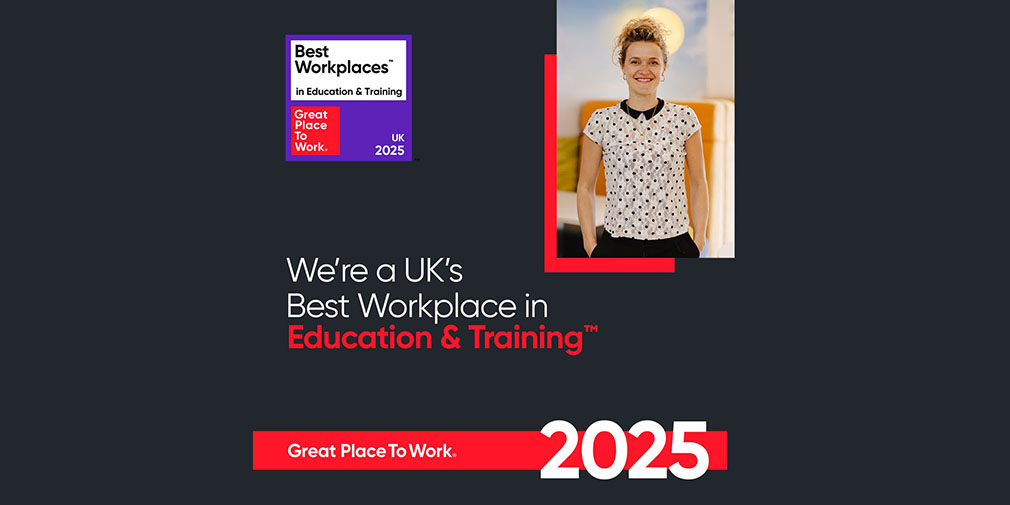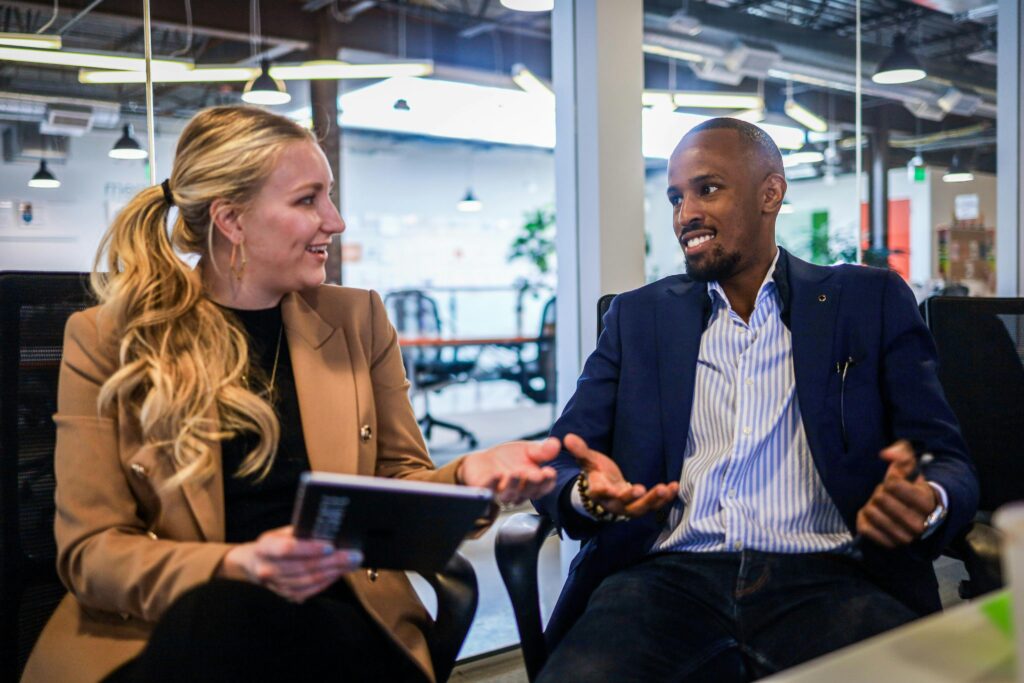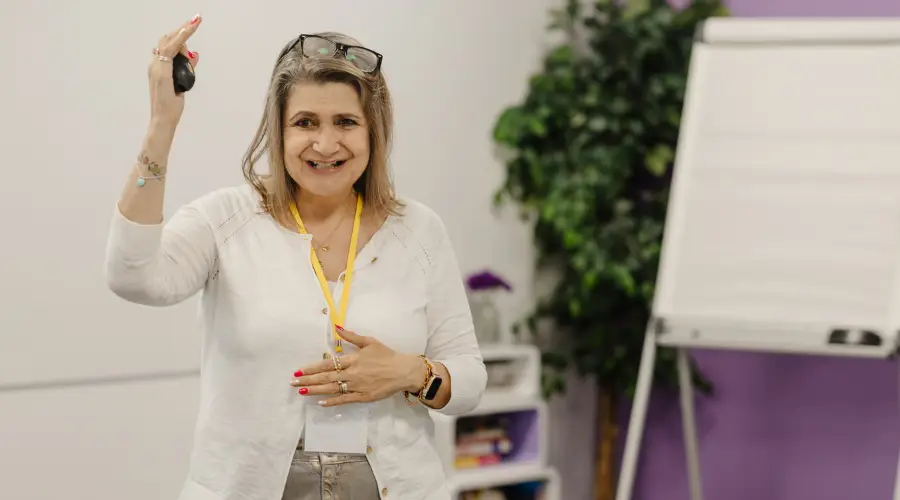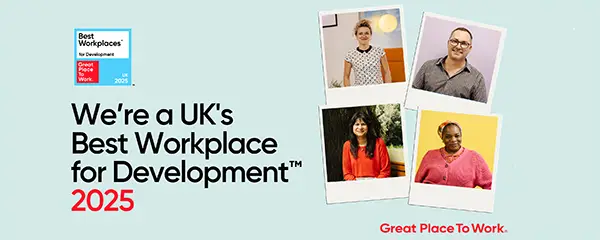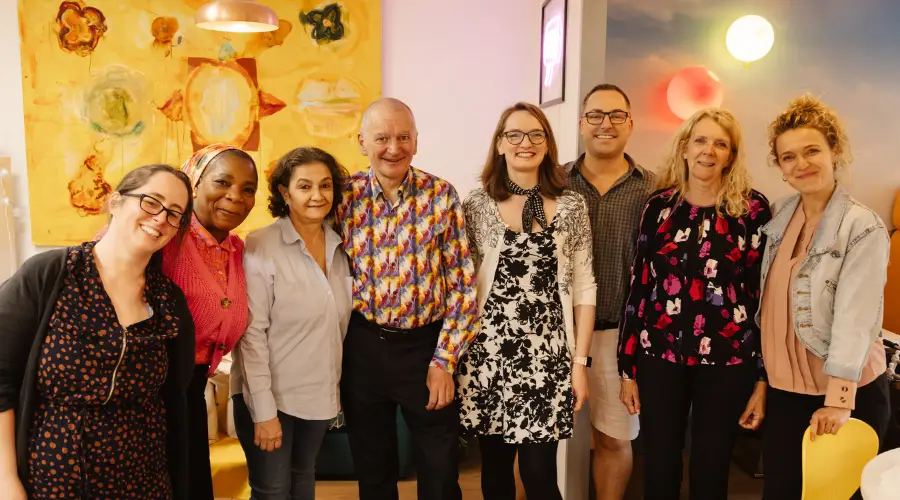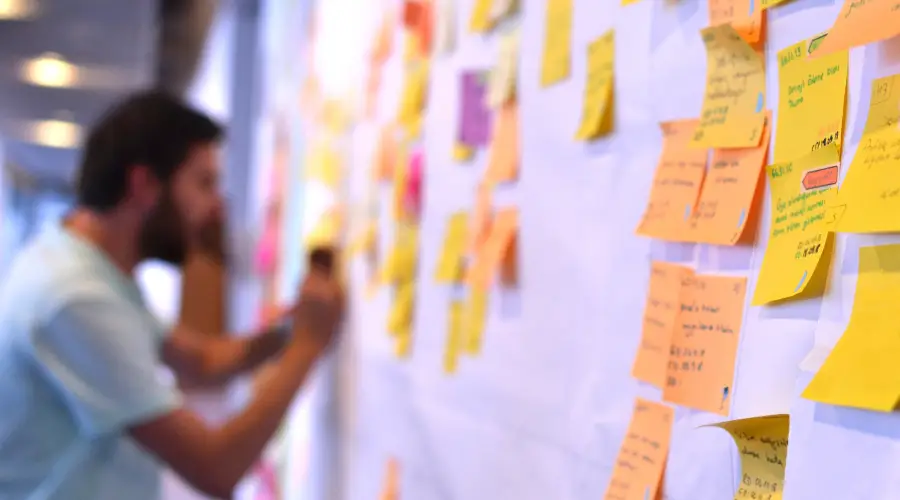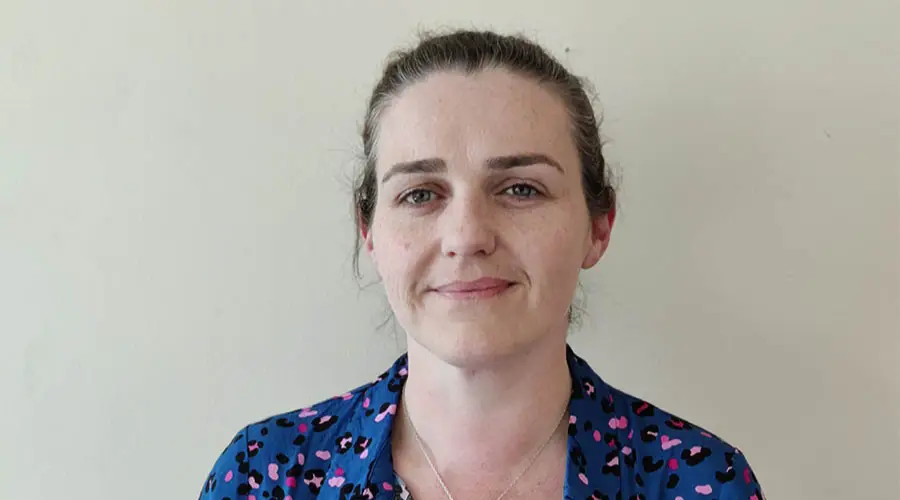“What we found was one of the biggest barriers, which I know we’ve talked a bit about today, is communication. And nevermind location, location, location, it’s communication, communication, communication.
“What we found was that we all learn differently, we all hear things differently. You’re sat in a room of however many people, all of you will take something different from today, you’ll have heard it slightly differently, you will interpret it through your own experience – those sorts of things.”
“So what we set up, as a Head of Service, I used to stand on a Monday morning, 10:00 for 15-ish minutes, and talk to the staff. It was called Catch Up. In my head, it was called ‘Monday Moans and Groans’. Because to begin with, it was things about how it’s too hot, it’s too cold, too many windows, not enough chairs, all those sorts of things – so by now we’d moved everybody into the new environment.
“So the Catch Up then progressed into other people doing the Catch Up, so they might have a story they wanted to tell, they might be being sponsored to do a fun run. (Children’s Services staff spend their life raising money for children – having worked all day for children, they then run ridiculous amounts of miles to raise money for children.) So we did a lot about that.
“We also had updates from other organisations. If the Police had a specific investigation going on that they needed help with, they would pop in and explain this to us, because we’re out there in the community, we see things that are changing, those sorts of things, so it gave us different things. It just gave us a chance to sit down.
“If we had compliments, I would make sure I told the service about the compliments. The staff who had got personally these compliments would never let me tell them by name, so I always used to say “somebody in the room” and I used to go and stand behind them. Not pointing, just stand behind them and then walk away – so they kind of got a picture of it in the end, as we were trying to encourage that positive approach. The job is really hard, but there’s lots of really positive things that you’re doing.”
“I also had a broken record approach. So I had a broken record of what we were doing, how we were doing, why we were doing, to members, to politicians, those sorts of things – different ones internally, different ones externally, and different ones to staff. You have to stick to your message, whatever that message is. You have to be consistent because if you move too much at once it gets really complicated for people.”
“I was also lucky enough to get a young man called Scott King. Anybody heard about Scott King? He’s a young man who had what can only be described as a dreadful time as a looked after child (not in Monmouthshire!) and he was able to tell his story. Because my social workers knew what it was like, they worked with this sort of thing all the time, they came, but I made sure the Chief Exec went, I made sure Members went, I made sure Finance attended, I made sure Transport attended, HR, IT – whoever I could get there, to listen to ‘you’re helping us’.
Because part of our barriers are with Finance and with IT, and I tried to get them to understand that it’s about Scott King, or it’s about whoever it is in Monmouthshire who is Scott King, and it’s about delivering services. So if we’ve got delays here because HR haven’t sent the letters out for recruitment, or it takes eight weeks to get a mobile phone, and all the rest of it – that has an impact on those people. And they found that really helpful. And there was a lot of people crying at the end of it and that wasn’t how I hoped it would go, but people were very upset, I found myself handing tissues out, it was terrible! But they really got a lot from it.”


